NATO sets climate targets for security reasons
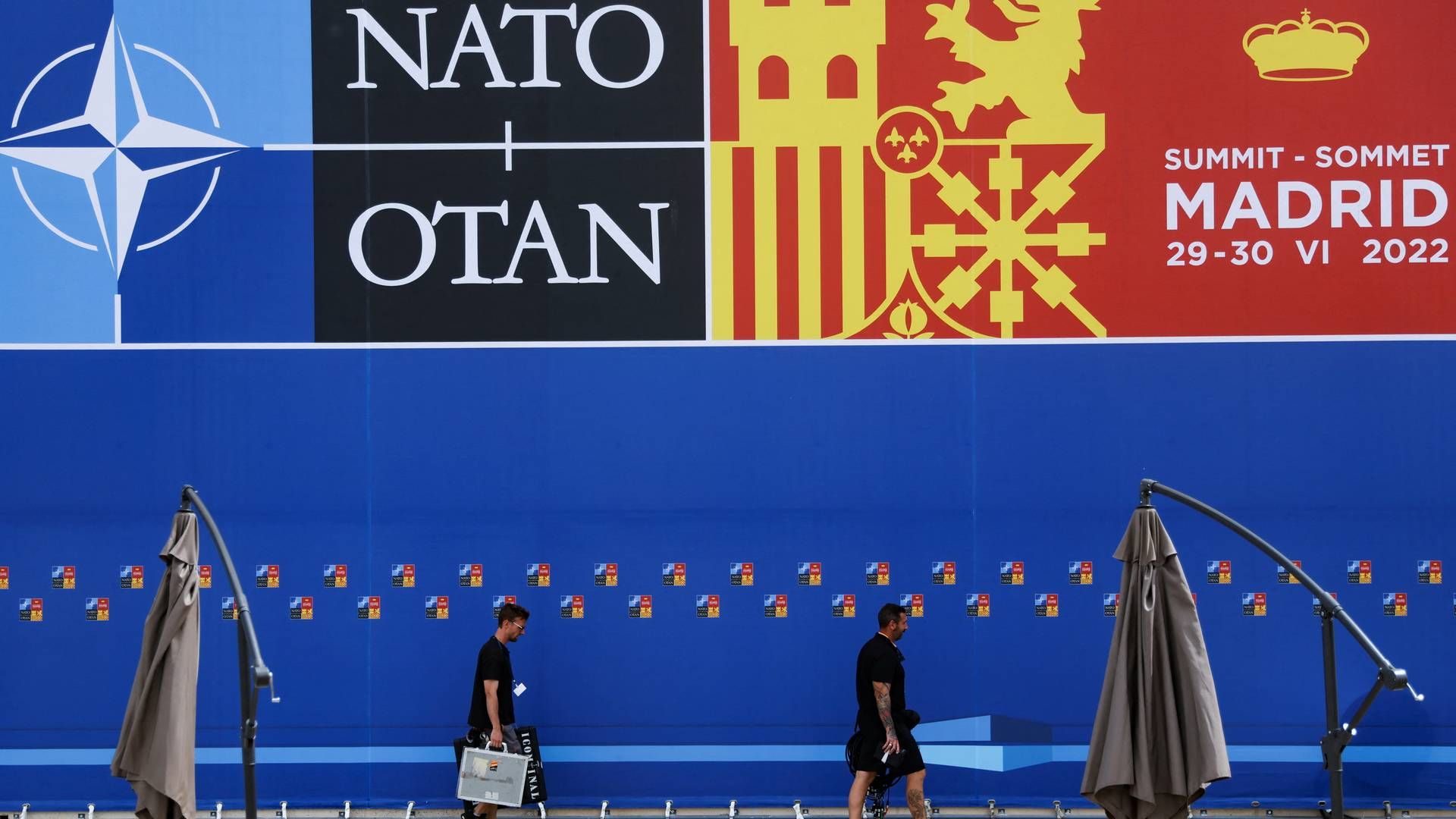
The climate crisis also affects the security of NATO countries, as a result of which NATO sets a target to reduce greenhouse gas emissions by 45% in 2030. Further ahead in 2050, NATO seeks to achieve climate neutrality.
So says NATO’s Secretary General Jens Stoltenberg in his opening speech at the NATO Public Forum in connection with the summit in Madrid.
”In the future, the most advanced military vehicles, and the most resilient armed forces, will be those that do not rely on fossil fuels,” says Stoltenberg.
He notes that the war in Ukraine has underlined how dangerous it is to be dependent on energy sourced from Russia.
In comparison, EU’s target is to reduce emissions of greenhouse gases by at least 55% in 2030. Meanwhile, the EU also targets climate neutrality in 2050.
Lithuania pulls the plug on Russian oil and gas
Gazprom stops gas export to Denmark Wednesday
Russia to cut off gas supplies to Finland
Finland annuls Russian nuclear reactor contract

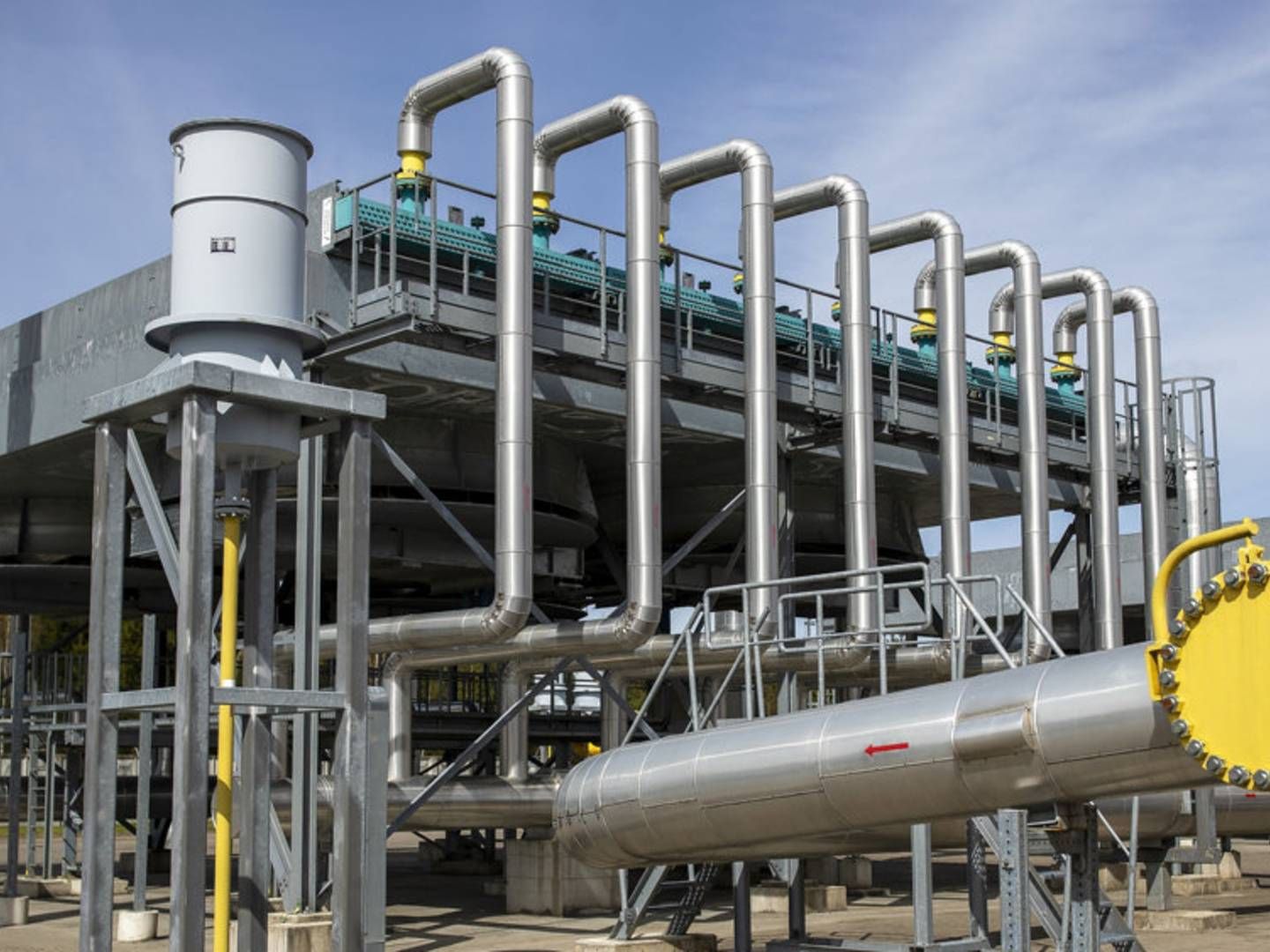
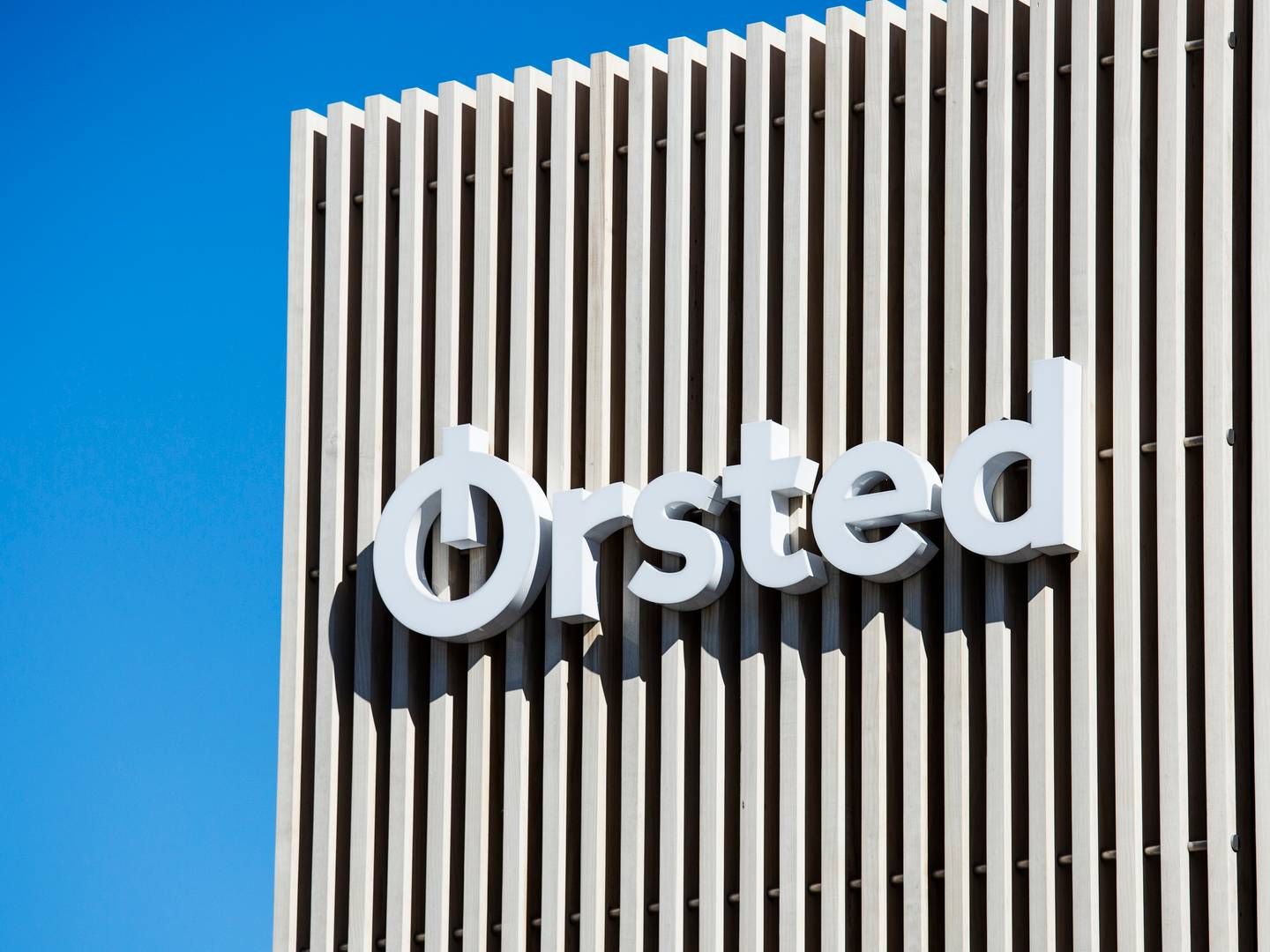
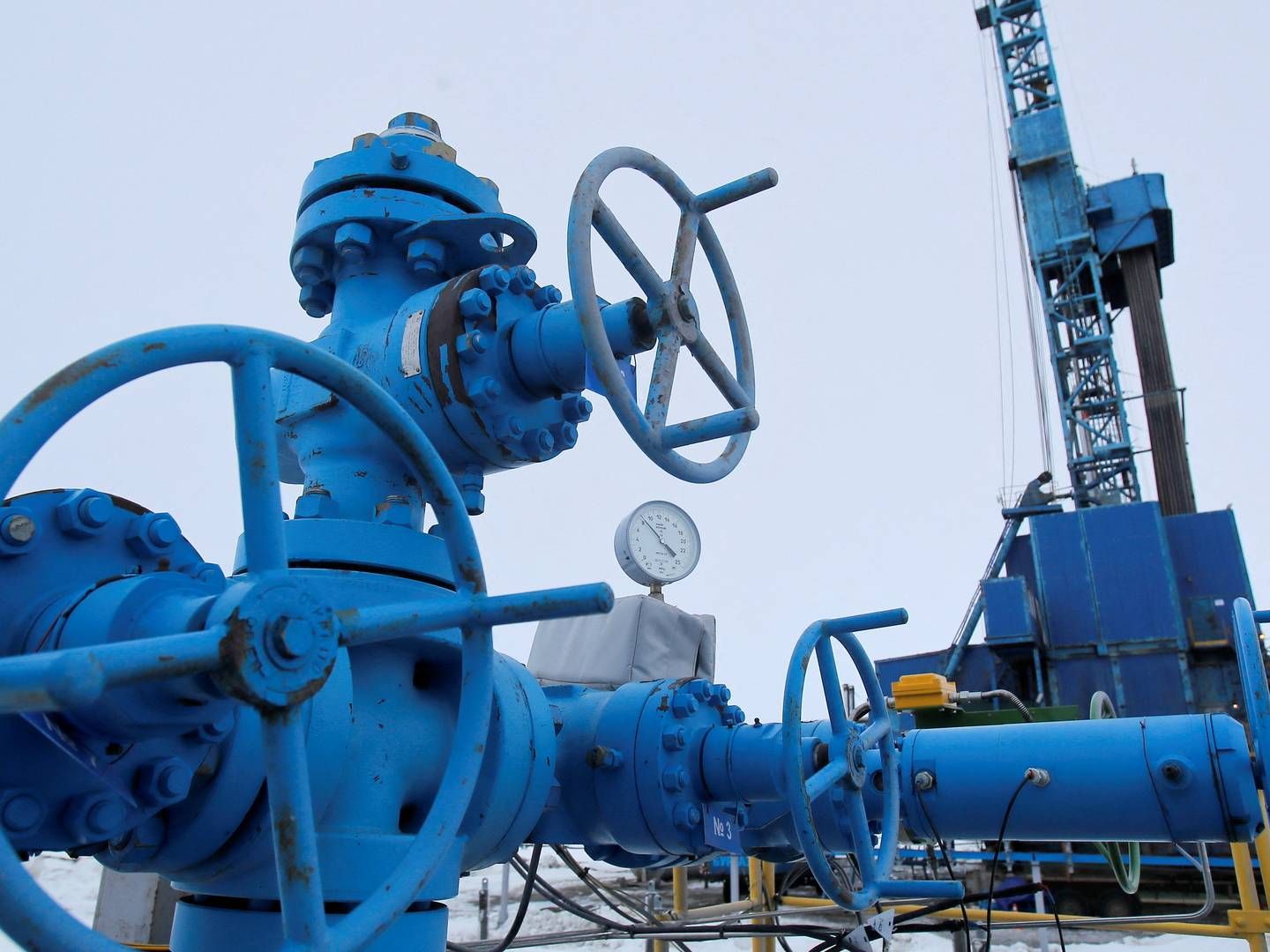








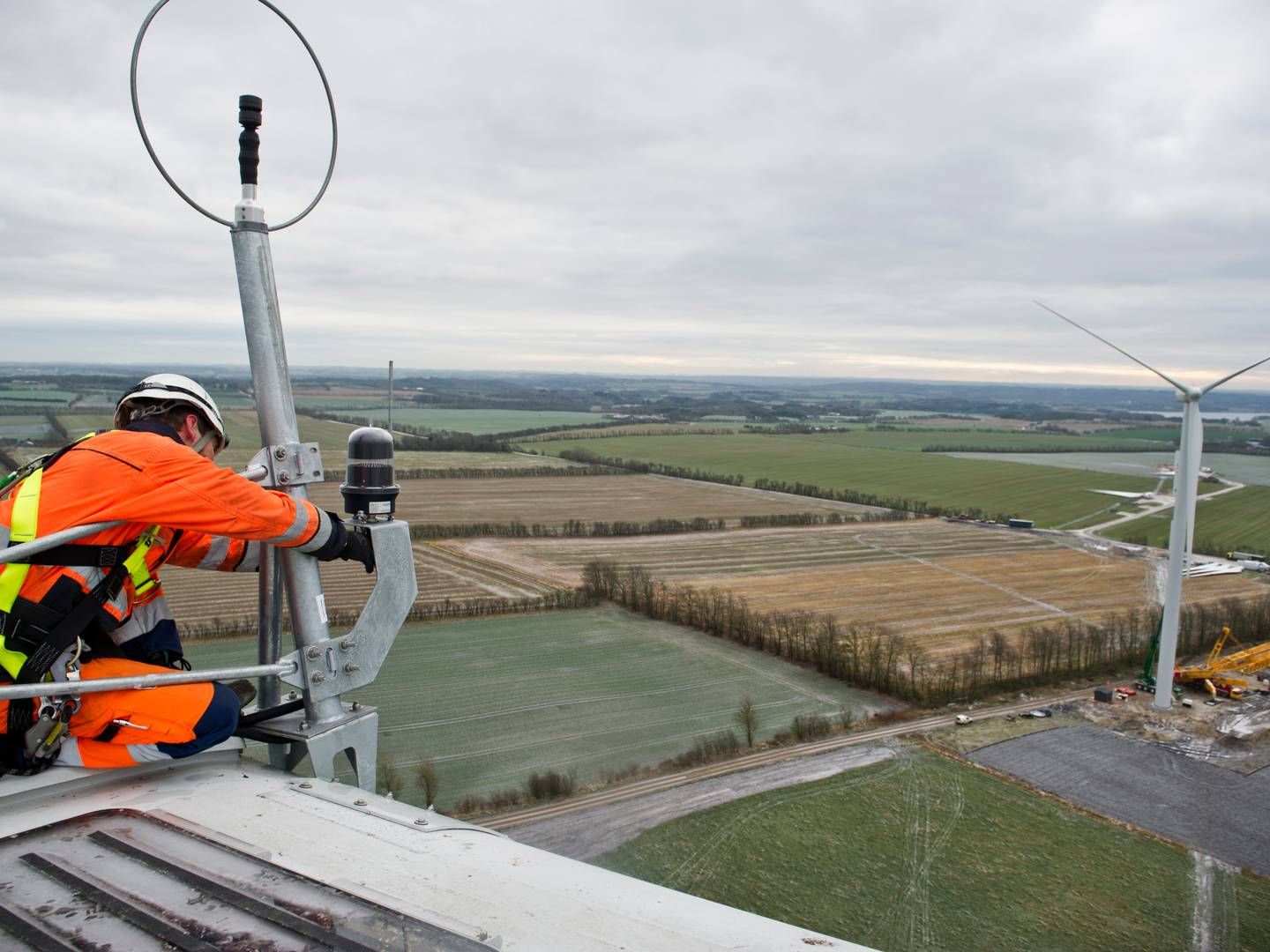



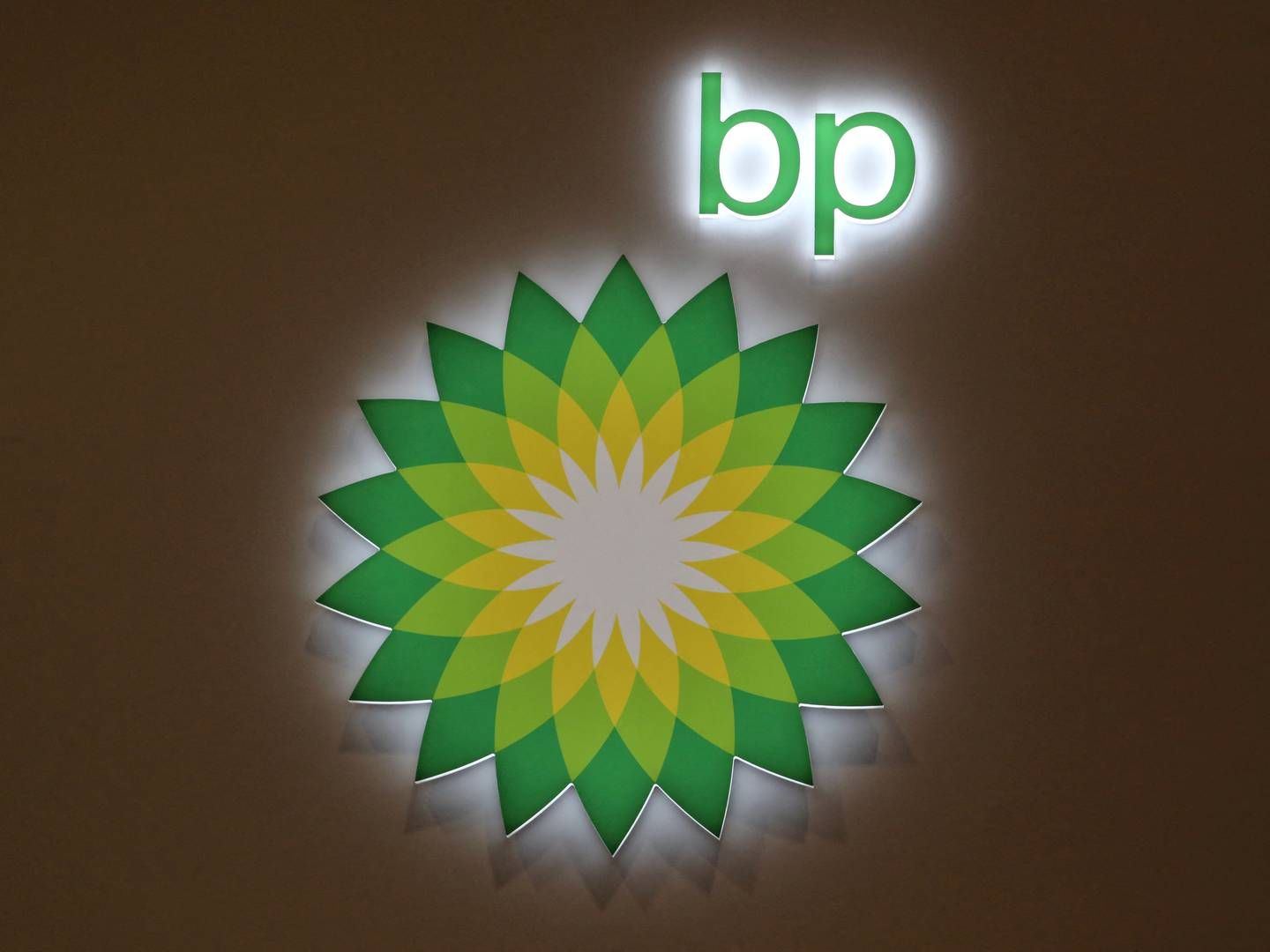

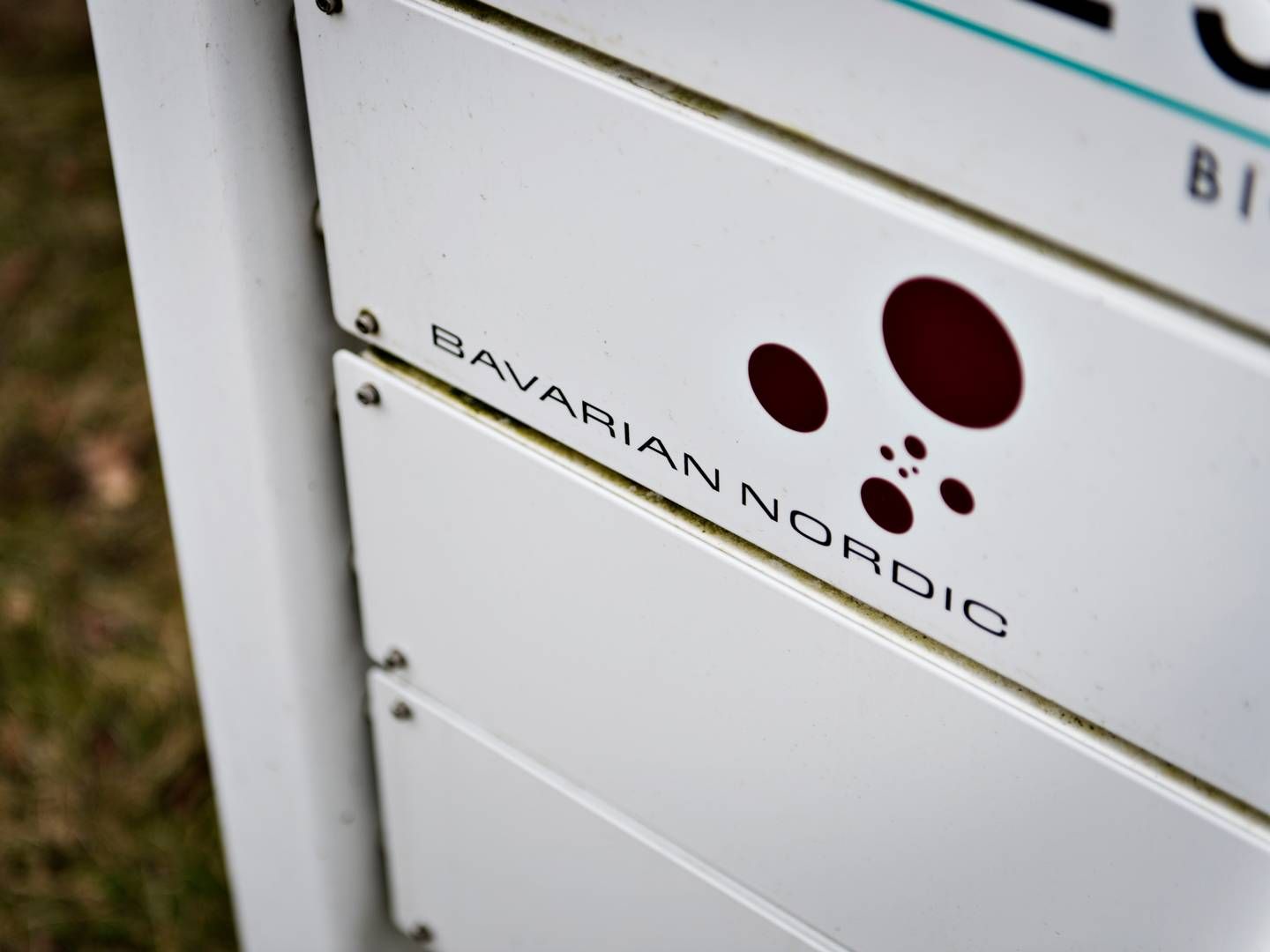

.jpg&w=384&q=75)




